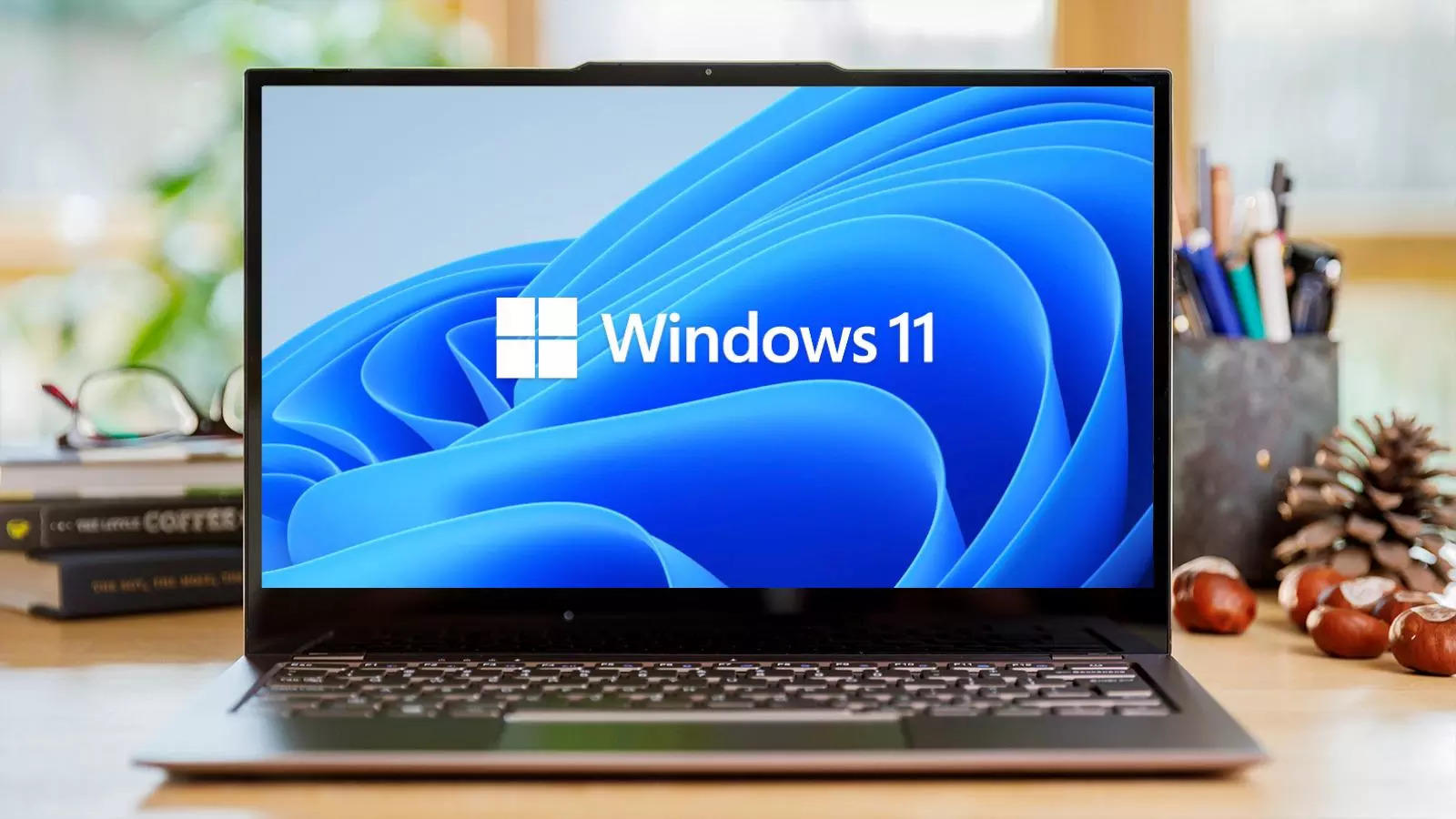Microsoft disabled the Windows app installer protocol handler after financially motivated hackers abused it to infect Windows machines with malware. Cybercriminals distributed malicious software since mid-November 2023. The vulnerability could have been exploited for ransomware distribution with packages delivered through malicious advertisements for popular software. Attackers targeted the flaw to bypass security measures, including Defender SmartScreen and browser alerts. Spoofing legitimate software downloads was used through search engine optimization (SEO) poisoning, presenting users with impersonated apps. Users should be vigilant, check URLs, and download software from official websites.
Share via:
Disclaimer
We strive to uphold the highest ethical standards in all of our reporting and coverage. We StartupNews.fyi want to be transparent with our readers about any potential conflicts of interest that may arise in our work. It’s possible that some of the investors we feature may have connections to other businesses, including competitors or companies we write about. However, we want to assure our readers that this will not have any impact on the integrity or impartiality of our reporting. We are committed to delivering accurate, unbiased news and information to our audience, and we will continue to uphold our ethics and principles in all of our work. Thank you for your trust and support.
Microsoft details how financially motivated hackers targeted Windows users

Microsoft disabled the Windows app installer protocol handler after financially motivated hackers abused it to infect Windows machines with malware. Cybercriminals distributed malicious software since mid-November 2023. The vulnerability could have been exploited for ransomware distribution with packages delivered through malicious advertisements for popular software. Attackers targeted the flaw to bypass security measures, including Defender SmartScreen and browser alerts. Spoofing legitimate software downloads was used through search engine optimization (SEO) poisoning, presenting users with impersonated apps. Users should be vigilant, check URLs, and download software from official websites.
Disclaimer
We strive to uphold the highest ethical standards in all of our reporting and coverage. We StartupNews.fyi want to be transparent with our readers about any potential conflicts of interest that may arise in our work. It’s possible that some of the investors we feature may have connections to other businesses, including competitors or companies we write about. However, we want to assure our readers that this will not have any impact on the integrity or impartiality of our reporting. We are committed to delivering accurate, unbiased news and information to our audience, and we will continue to uphold our ethics and principles in all of our work. Thank you for your trust and support.
Website Upgradation is going on for any glitch kindly connect at office@startupnews.fyi
More like this
Popular
Upcoming Events
Startup Information that matters. Get in your inbox Daily!

